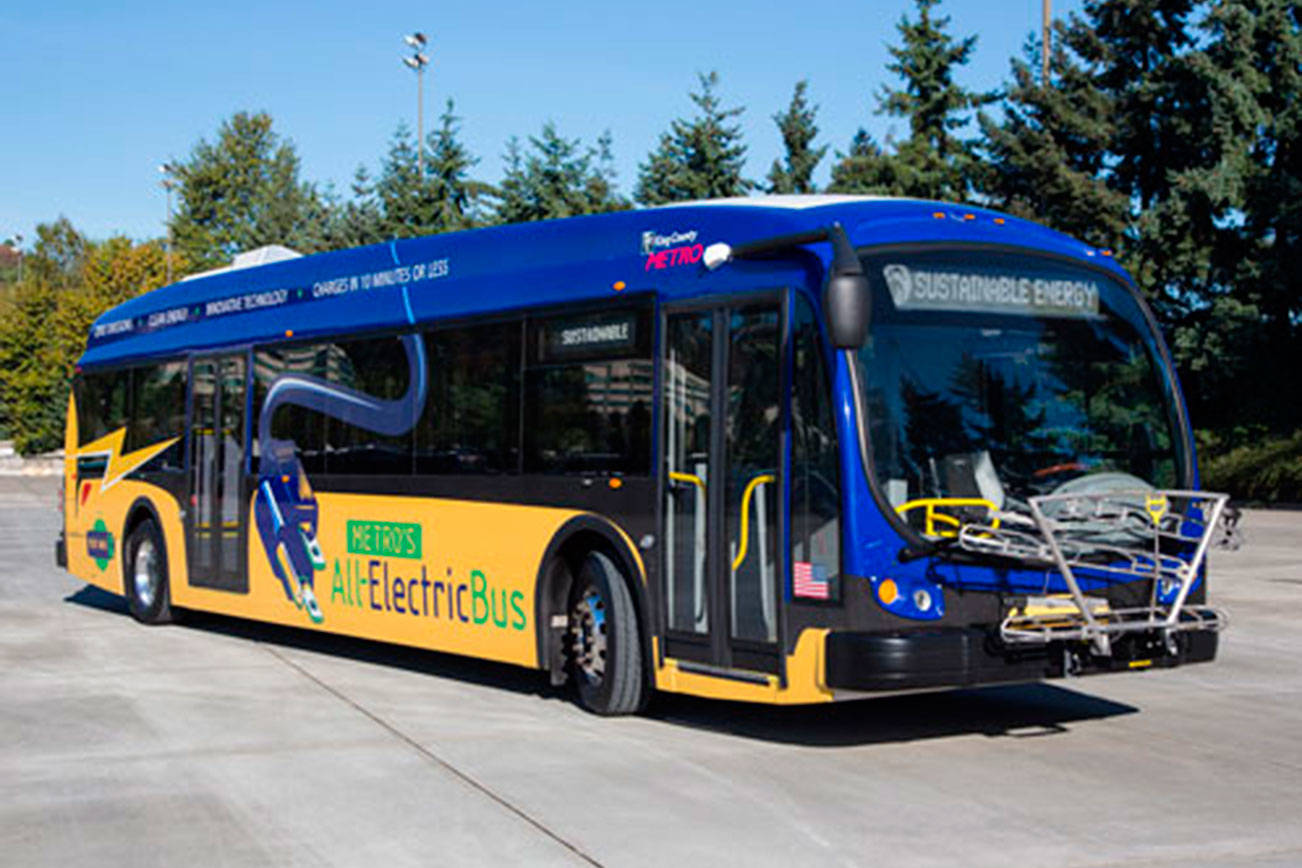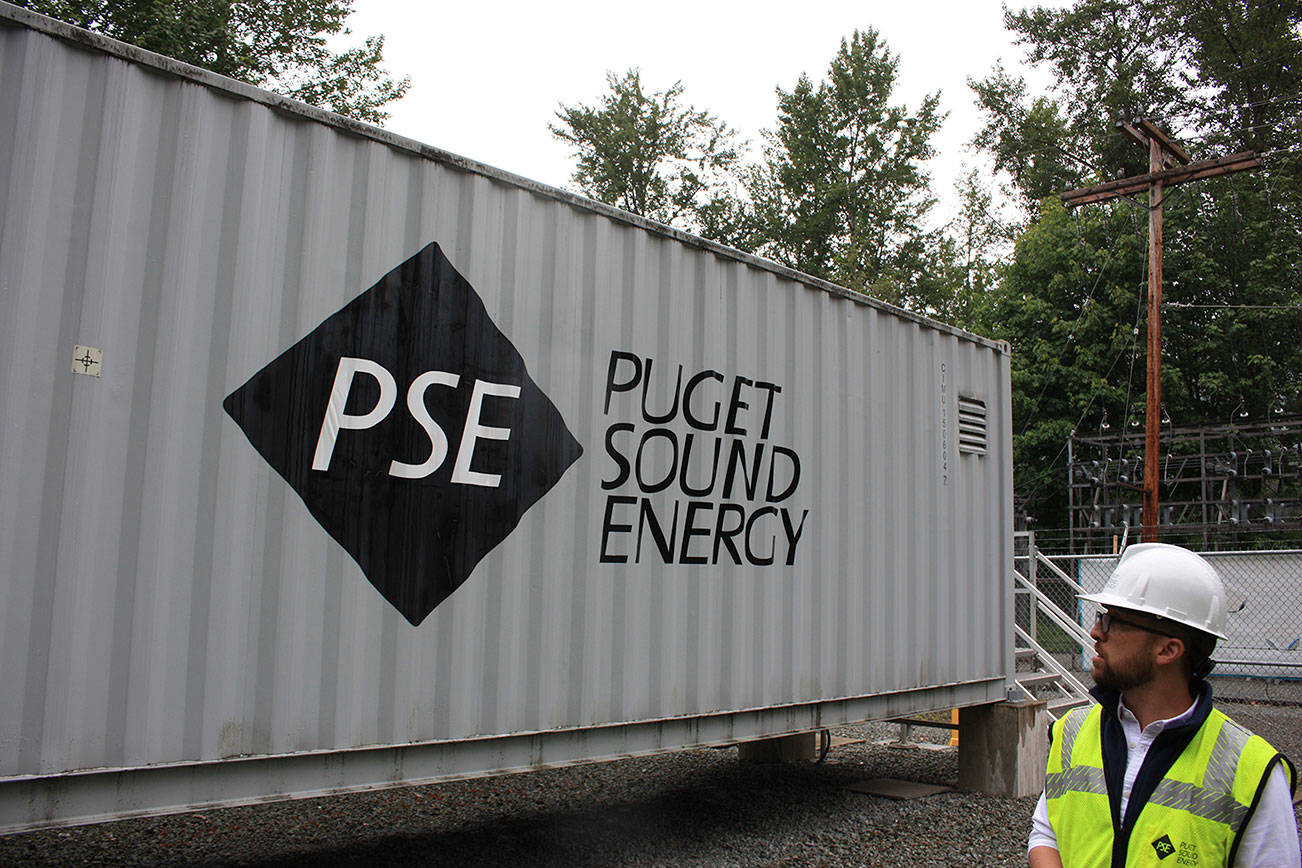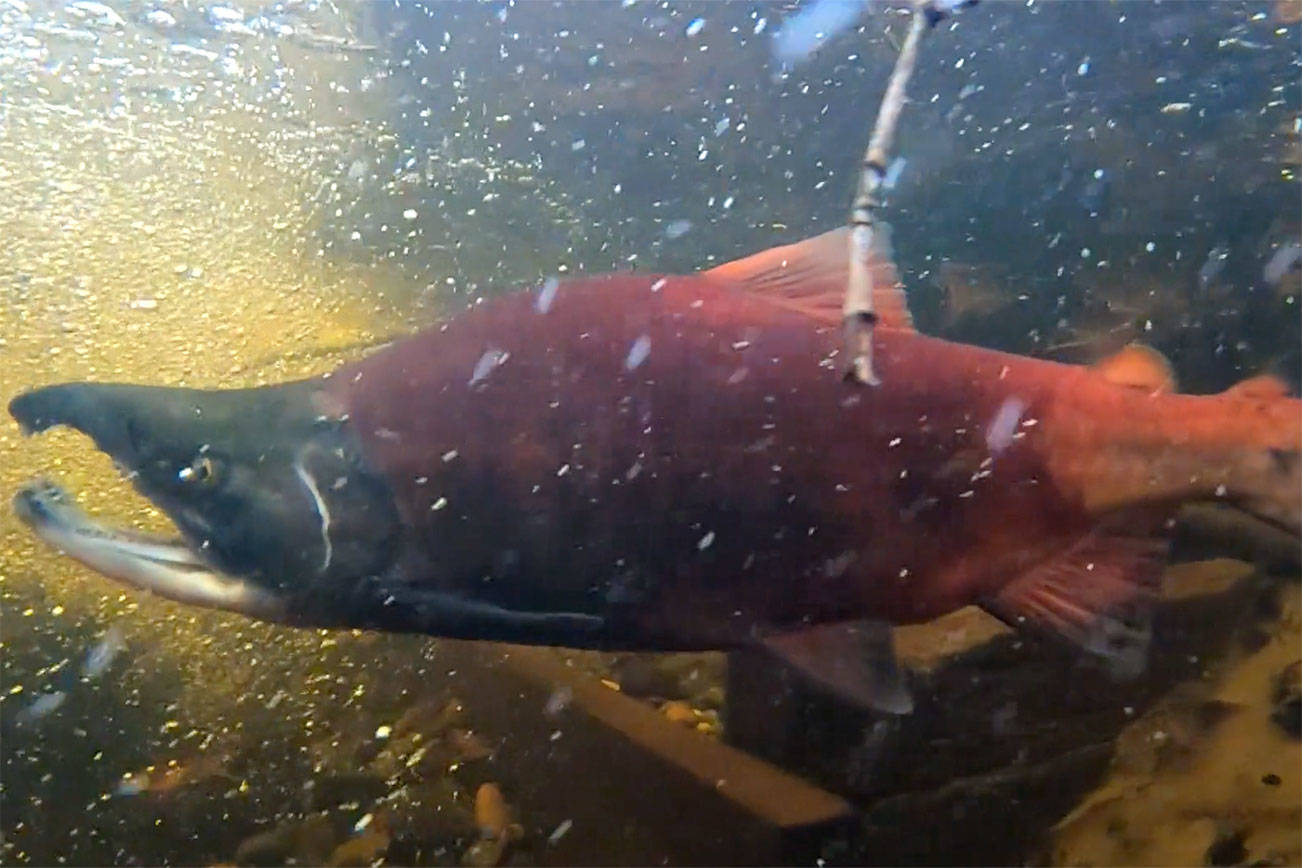The electrification of King County Metro’s buses will be sped up, meaning there will be more electric buses on the roads sooner.
The King County Council voted Feb. 4 to adopt an ordinance doing just that. It requires King County Executive Dow Constantine to speed up Metro’s transition. By 2035, the Metro bus fleet must be zero-emission, five years sooner than the previous target.
“We have to do this, we’re facing a crisis,” said council member Jeanne Kohl-Welles. “We’re facing a crisis that’s only worsening as time goes by.”
An amendment to the ordinance allows county staff to examine whether expanding bus service could yield even greater emissions reductions aside from just electrifying its fleet. If more diesel buses and service means more people choose transit instead of driving, for example, the county would study whether that could further reduce emissions. However, this amendment does not impact the 2035 deadline.
The $60 million fleet electrification program would be used to buy 120 buses, build needed charging infrastructure, and continue the planning process. The county’s goal is to have more than half of the Metro bus fleet running off electricity by 2030.
A further 250 electric buses will be bought by 2025, and a new Metro base in South King County would house hundreds of the zero-emission vehicles. In total, the county plans to put about 2,200 battery- or electric-powered buses and trolleys on streets over the next two decades.
Transportation accounts for nearly half of all emissions in the state, according to reports, and it’s one of the top sources of emissions in the county. While existing buses are more efficient than personal vehicles, Metro uses about 10 million gallons of diesel annually. This accounts for roughly 80 percent of the county government’s emissions.
If all buses in the state were electrified, some 90,000 tons of pollution could be eliminated annually.








